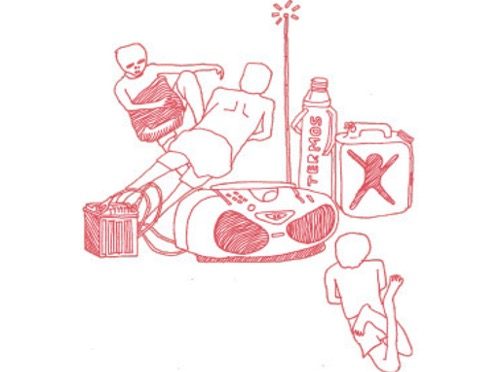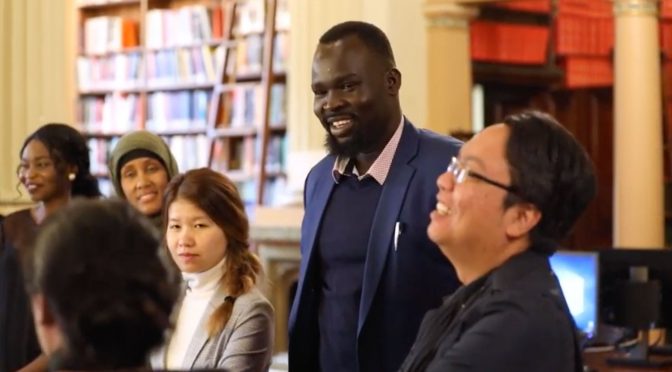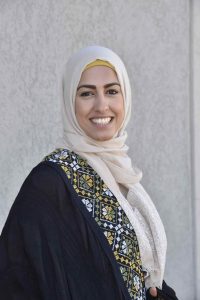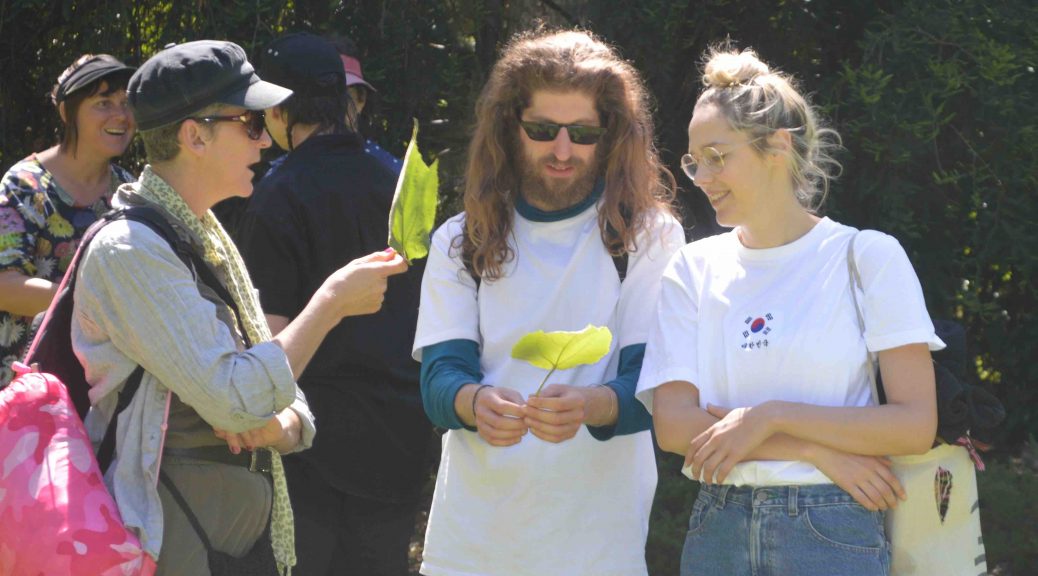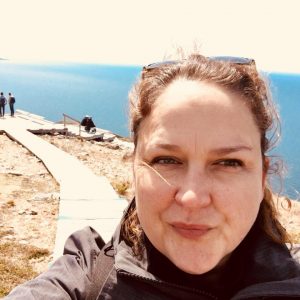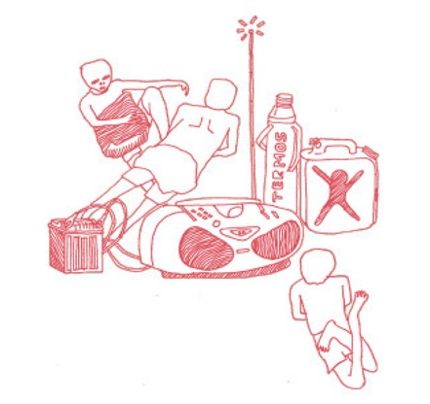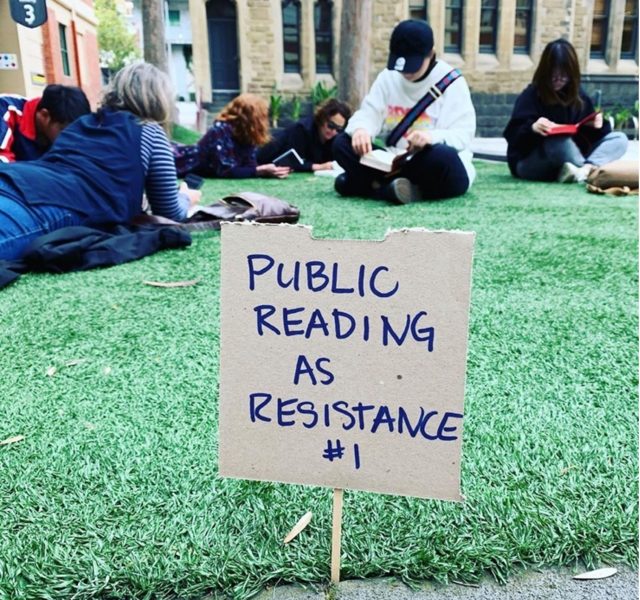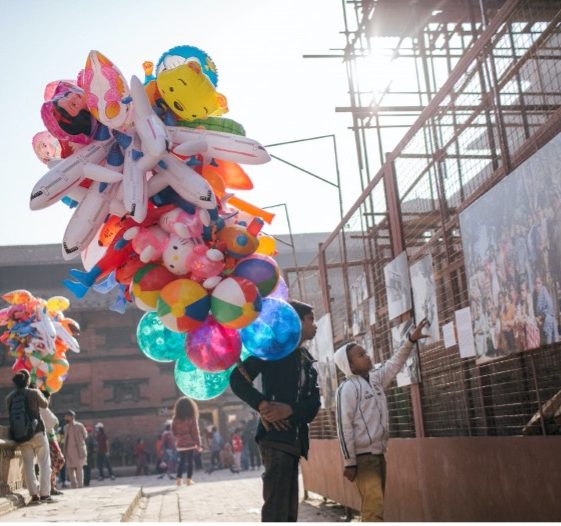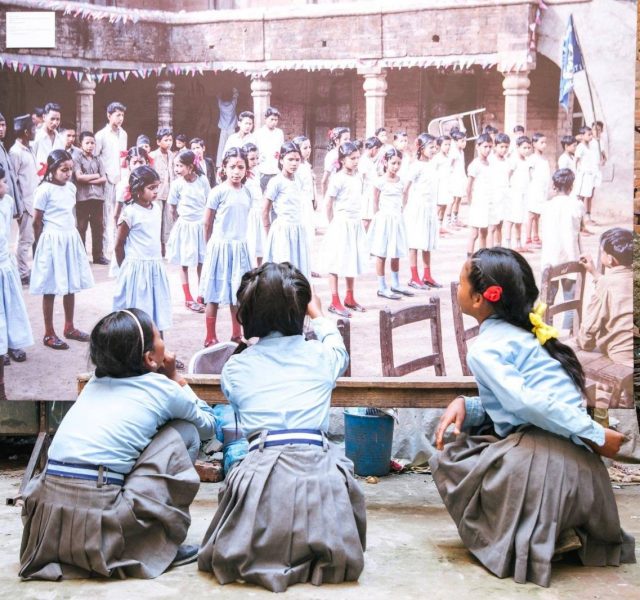Forms for Encounter & Exchange:
artist-led approaches to public pedagogy in the Asia Pacific region
Call for Abstracts:
Special Edition of the Public Pedagogies Journal 202
Keywords: the commons, informality, community, ethics, publics, collectives, grassroots, art & activism, peer learning, public/private space, engagement, collaboration, radical pedagogy.
There is a burgeoning field of artist-led pedagogic practices in the Asia Pacific region that employs forms of shared knowledge production in the public realm as a core ethical responsibility of creative and scholarly practice. From community-led archives to public learning, collective studying to public art interventions, and collaborative approaches to art-making, the range of contexts from which these artist-led public pedagogies arise directly influence their form and the way they are encountered. These artist-led forms for encounter and exchange can engage publics by challenging hegemonies, critiquing power, and engaging communities in civil dialogue about urgent local concerns.
As forms of public pedagogy, these practices tend to value collective approaches over the individualism imposed by western art education (KUNCI, 2020; Jurriens, 2020). While the relationship between socially engaged art and public pedagogy is typically positioned through Eurocentric traditions as an extension of avant-garde art movements, community arts, or popular education (Badham, 2019; Thompson, 2012), we extend this invitation to practices which emerge in culturally attuned ways in their respective geopolitical contexts.
This special edition aims to stimulate a dialogue between artists, researchers and organisers who are engaged in these practices. We are particularly interested in practices of public pedagogy that: create sites for the emergence of new questions and the circulation and sharing of knowledge(s) in the public realm through artistic forms and relational pedagogical encounters (Charman & Dixon, 2021); are formed outside of institutional contexts, address social tensions, and build networks of solidarity; and are led by artists while privileging local aesthetics and community self-determination.
We invite artists, researchers and organisers to submit critical, creative and/or experimental contributions to this special edition that explores the relationship between forms for encounter and exchange of artist-led public pedagogies and their contexts. We welcome scholarly articles (5000-8000 words), creative submissions (video, audio, or images), or a combination of creative and scholarly work.
We are particularly interested in submissions that intersect with the following questions:
- How and why do artists organise collective forms of public learning?
- How do these practices activate and nurture solidarity?
- How do artists describe and frame these practices in relation to their contexts – conceptually, politically and/or aesthetically?
- How do these practices critique and challenge the institutions of art and education?
- How do publics encounter these forms for encounter and exchange?
- How do these artist-led forms for encounter and exchange produce and circulate knowledge?
The Journal of Public Pedagogies is a peer-reviewed academic journal that is published by the Public Pedagogies Institute. The journal publishes research and practice in learning and teaching that extends beyond the boundaries of traditional or formal educational institutions. These areas may include arts, community engagement, social pedagogy, public history, work in and research on public institutions such as museums, libraries, neighbourhood houses, community centers, as well as practice, research and evaluation in public pedagogies.
For more information: Please contact any member of our editorial committee to discuss your submission:
- Ferdiansyah Thajib, Member of KUNCI Study Forum & Collective, Indonesia; PostDoc Fellow at Leipzig Lab, Leipzig University, Germany, ferdi.thajib@gmail.com
- Gatari Surya Kusuma, Member of KUNCI, Bakudapan – Food Studies Group and Struggle for Sovereignty, Indonesia, gatariisurya@gmail.com
- Diwas Raja Kc, Head of Research and Archives, Nepal Picture Library, Nepal, kc.diwas@gmail.com
- Kelly Hussey-Smith, artist-researcher, CAST (Contemporary Art and Social Transformation) research group, RMIT University, Australia, kelly.hussey-smith@rmit.edu.au
- Marnie Badham, artist-researcher, CAST, RMIT University, Naarm/ Melbourne, Australia, marnie.badham@rmit.edu.au
- Karen Charman, Founder Public Pedagogies Institute, Victoria University, Australia, karen.charman@vu.edu.au
How to submit an abstract: send the summary of your article (500 word abstract) or creative work (300 words + and one web link to related artworks or attach three sample images) by April 30th to karen.charman@vu.edu.au. Full contributions are due July 30th.
References
Badham, M 2019, ‘Spectres of evaluation indeterminacy and the negotiation of value (s) in socially engaged art,’ Co Creation, No. 5, pp. 205-216.
Charman, K & Dixon, M 2021, Theory and methods for public pedagogy research, Routledge.
Hussey-Smith, K (2022 forthcoming) ‘Towards community praxis in community-oriented art education’ McQuilten, G. & Palmer D. (eds.) The world we want: Dystopian & utopian impulses in art making, Intellect: UK.
Jurriëns, E 2020, ‘Indonesian Artivism: Layers of performativity and connectivity’, Australian and New Zealand Journal of Art, vol, 20 no.2, pp. 231-252.
Kc, Diwas Raja (ed.) 2018, Dalit: A quest for dignity. Nepal Picture Library.
KUNCI Study Forum & Collective 2020, ‘The school of improper education’, Critical Times, vol.3 no. 3, pp. 566-578.
Thompson, N (ed.) 2012, Living as form: Socially engaged art from 1991-2011. MIT Press.
Images:
1 One of the tools at the School of Improper Education, KUNCI (2019), Coffee and the Makers, illustration by Agen OH
2 Public Reading as Resistance (2019- ongoing) convened by Kelly Hussey Smith and Marnie Badham, RMIT University lawn, Melbourne, photo by Ceri Hann
3 & 4 An exhibition view of Nepal Picture Library’s The Public Life of Women from Photo Kathmandu 2018, photo by Chemi


